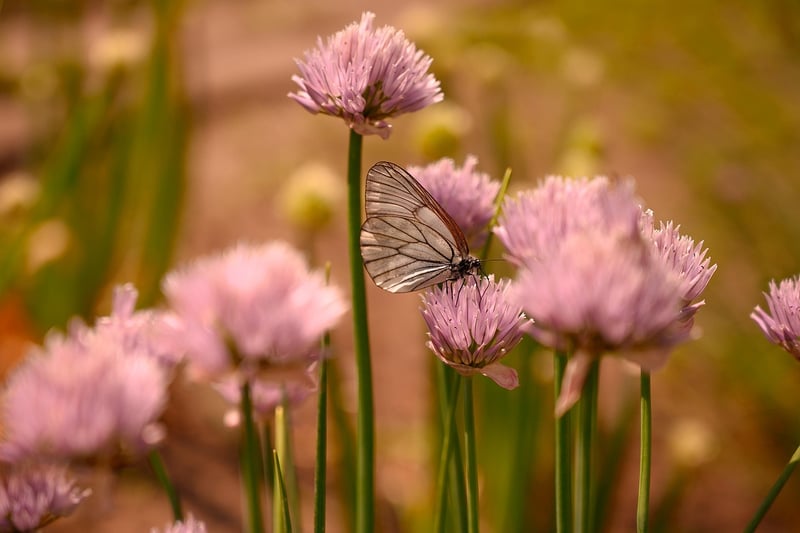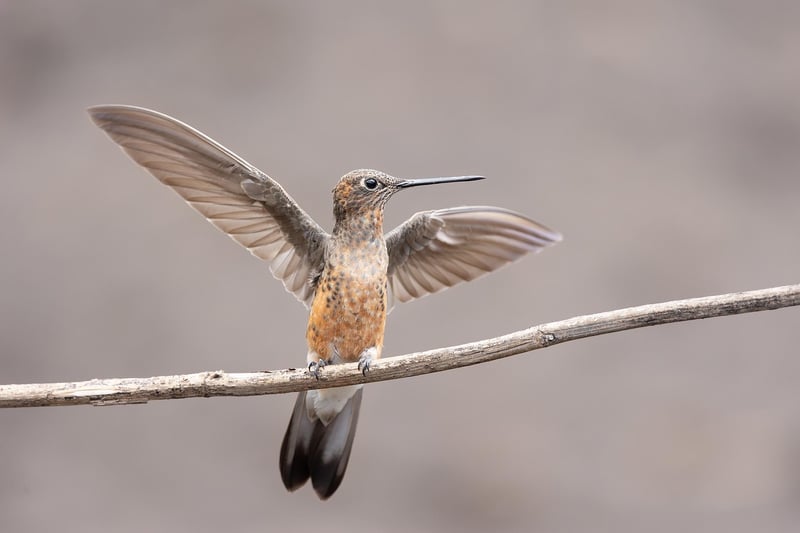Importance of Pollinators
The Importance of Pollinators and Creating Habitats for Them
Pollinators play a crucial role in our ecosystem by facilitating the reproduction of plants. They transfer pollen from one flower to another, allowing plants to produce fruits and seeds. Without pollinators, many plants would not be able to reproduce, leading to a decline in biodiversity and affecting food production. It is essential to create habitats that support pollinators to ensure their survival and the health of our environment.
Why are Pollinators Important?
Pollinators, including bees, butterflies, birds, and other insects, are responsible for pollinating over 75% of flowering plants and nearly 75% of crops worldwide. This process is vital for the production of fruits, vegetables, and seeds that form the basis of our food supply. Without pollinators, many crops would not be able to bear fruit, leading to food shortages and impacting both human and animal populations.
Threats to Pollinators
Despite their importance, pollinators face numerous threats that endanger their populations. These threats include habitat loss due to urbanization and agricultural practices, pesticide use, climate change, and diseases. As a result, many pollinator species are in decline, with some facing the risk of extinction.
Creating Pollinator-Friendly Habitats
Individuals, communities, and organizations can help support pollinators by creating habitats that provide food, shelter, and nesting sites. Planting a diverse range of native flowering plants, avoiding the use of pesticides, and providing water sources can all contribute to creating a pollinator-friendly environment.
Tips for Creating Pollinator Habitats:
- Choose a variety of flowering plants that bloom at different times to provide a continuous food source for pollinators.
- Include plants with different flower shapes and colors to attract a diverse range of pollinator species.
- Provide nesting sites such as bee hotels, bare patches of soil, and dead wood for bees and other pollinators.
- Minimize pesticide use and opt for natural pest control methods to protect pollinators from harmful chemicals.
Get Involved
By creating pollinator-friendly habitats in your garden, neighborhood, or community, you can make a positive impact on pollinator populations and biodiversity. Encouraging others to do the same and supporting local initiatives aimed at conserving pollinators can help ensure their survival for future generations.
Let's work together to protect and support our pollinators, the unsung heroes of our ecosystem!


Source images from Pixabay: Pixabay
